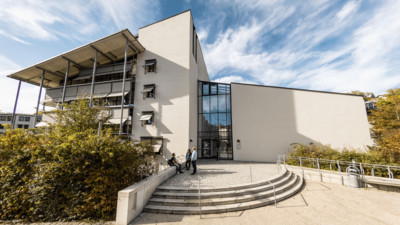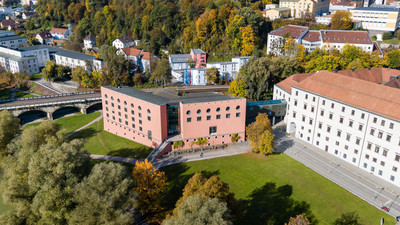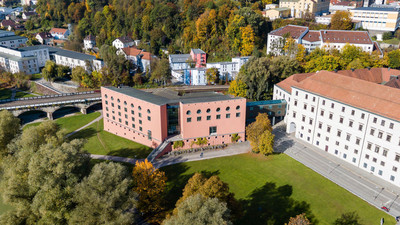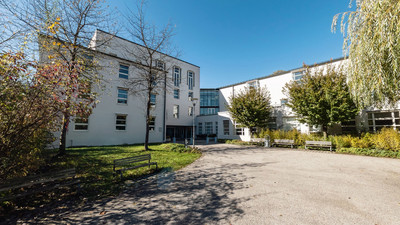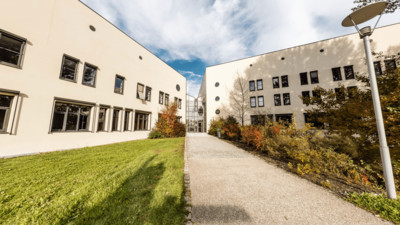University President Ulrich Bartosch said: ‘I am especially pleased about Passau achieving such an outstanding ranking in the areas of "Reduced inequalities" and "Gender equality". That gives the work carried out by our former Vice President Jörg Fedtke in particular the recognition it deserves. The Sustainable Development Goals will remain key performance indicators for us going forward as the university continues to make progress.’
Professor Werner Gamerith, the university executive officer for quality assurance and system accreditation was also delighted, saying: ‘The excellent ratings in the different categories deserve great respect. These results are an incentive to pursue other sustainability goals with increased vigour and to anchor sustainability as a cross-sectional task in other key areas of the university.’
The THE University Impact Rankings assess universities’ efforts against the UN’s 17 Sustainable Development Goals). The indicators used in these rankings focus on the ‘third mission’, i.e. the way higher education institutions participate in society besides teaching and conducting research, how they transfer knowledge and technology, and how they cope with their position as role models in terms of providing good working conditions, complying with gender-equality and diversity standards, and acting in a manner that’s environmentally friendly.
In the categories ‘Sustainable cities and communities’ and ‘Peace, justice and strong institutions’, the University of Passau was ranked in the top 30 percent of the participating higher education institutions, with its outstanding range of jurisprudence and political science courses in the latter category scoring particularly highly. In the general evaluation, which included all the sustainability criteria assessed, the University of Passau achieved a position in the 201-300 ranking group, placing it in the top third of all 766 participating universities here as well. The fact that the ‘third mission’ is increasing in importance is also illustrated by the number of participating institutions, which rose by over 50 percent compared to last year.

